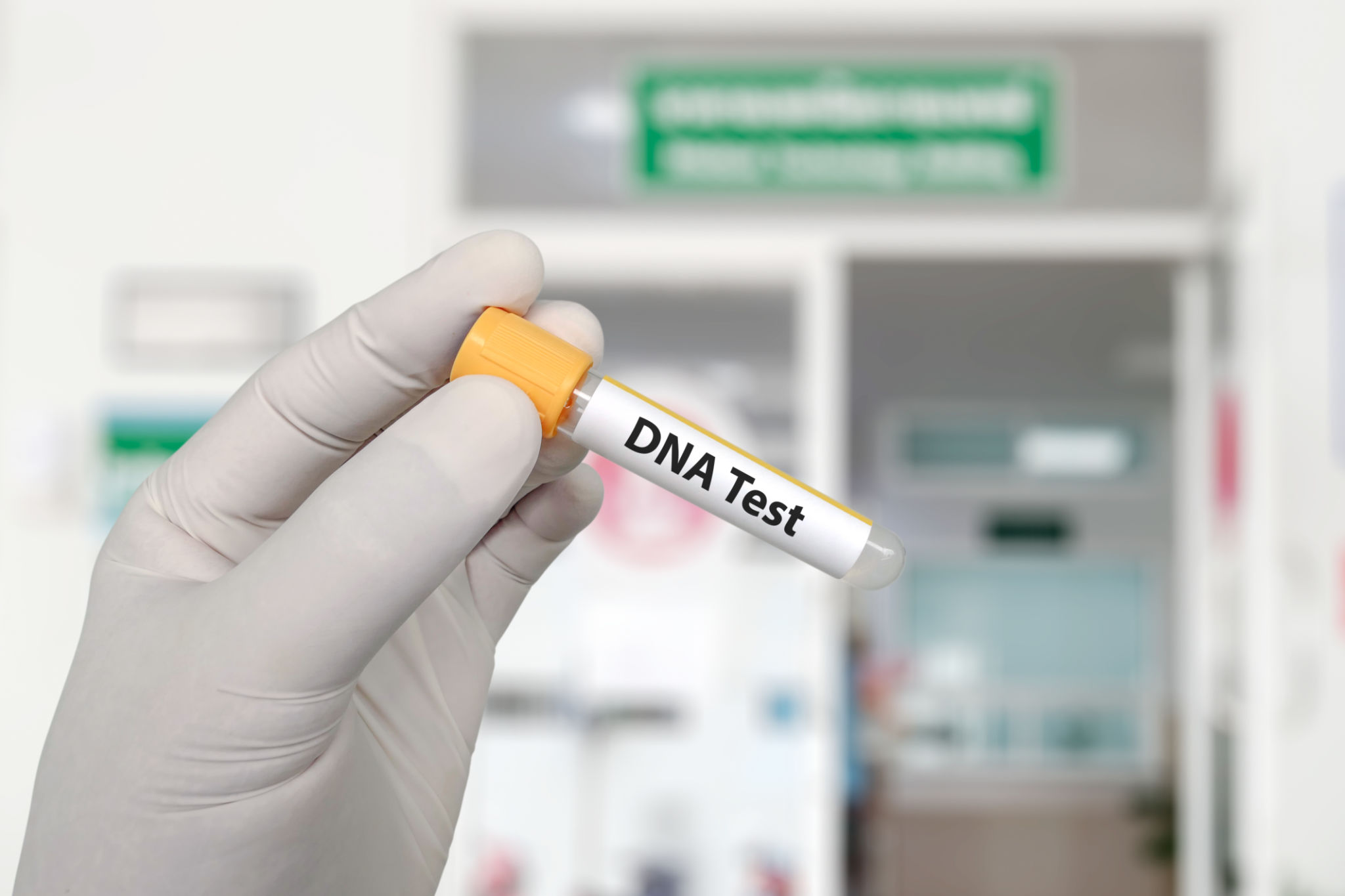The Role of DNA Testing in Family Law Cases in New Jersey
The Importance of DNA Testing in Family Law
DNA testing has become a vital tool in family law cases, particularly in New Jersey. As family dynamics become increasingly complex, the need for accurate biological evidence is paramount. DNA testing provides conclusive proof of familial relationships, which can significantly influence the outcomes of legal proceedings.
In family law, establishing paternity is one of the most common applications of DNA testing. This can have implications for child support, custody, and visitation rights. The accuracy of DNA tests, often exceeding 99%, makes them a reliable source for determining biological relationships.

Paternity Cases and Child Support
In New Jersey, when there is a dispute regarding a child's paternity, courts often rely on DNA testing to provide clarity. Establishing paternity is crucial for determining child support obligations. Once paternity is confirmed through DNA testing, the father may be legally required to support the child financially.
This process not only ensures that the child receives adequate support but also provides rights to the father, including visitation and custody. It is important to note that without establishing legal paternity, a father may not have any rights or responsibilities regarding the child.
Custody and Visitation Rights
DNA testing plays a significant role in custody and visitation disputes. In cases where the biological relationship is questioned, DNA evidence can help resolve disputes swiftly. This ensures that children maintain relationships with their biological parents whenever possible.

Moreover, establishing a biological connection through DNA testing can help foster healthier relationships within the family unit. It provides assurance and clarity for all parties involved, which can contribute to more amicable custody arrangements.
Legal Considerations and Procedures
In New Jersey, the legal process for obtaining DNA tests in family law cases is well-defined. Courts may order DNA testing when there is a legitimate question regarding familial relationships. The process typically involves collecting a sample, such as a cheek swab, which is then analyzed in a laboratory setting.
It's important for individuals involved in such cases to understand their rights and responsibilities. Legal counsel can provide guidance on how to navigate DNA testing procedures and ensure that the results are properly utilized in court proceedings.

The Impact on Family Law Outcomes
DNA testing can have profound implications on the outcomes of family law cases. By providing irrefutable evidence of biological relationships, it enables courts to make informed decisions that are in the best interests of the child. This scientific approach helps avoid lengthy legal disputes and promotes fair resolutions.
Furthermore, DNA evidence can also be instrumental in cases involving inheritance disputes or claims related to family estates. Establishing clear familial ties is essential for those seeking legal recourse or asserting their rights within a family context.
Conclusion
In conclusion, DNA testing is an indispensable tool in New Jersey family law cases. Its role in establishing paternity, determining child support, and resolving custody issues cannot be overstated. As technology advances, the reliability and accessibility of DNA testing continue to improve, offering families and courts a powerful resource for resolving complex legal issues.
For anyone navigating family law matters, understanding the role of DNA testing can provide significant advantages. By leveraging this scientific proof, individuals can ensure that their rights are protected and that justice is served in family-related legal proceedings.
